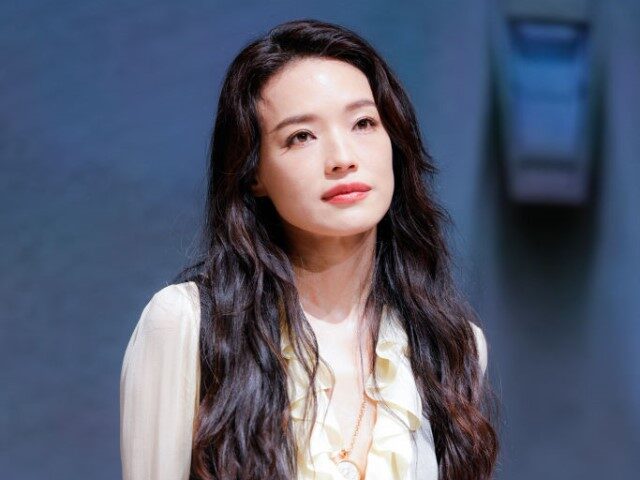The 80th annual Venice Film Festival in Italy — which kicks off Wednesday and is playing host to numerous splashy Hollywood premieres — is refusing to acknowledge the existence of Taiwan for the third year in a row, awkwardly referring to entries from the independent democracy as being from “Taipei,” which is the country’s capital city.
This year’s main competition jury even features Taiwanese actress Shu Qi, who is best known for her collaborations with celebrated Taiwanese auteur Hou Hsiao-hsien. But the festival’s official site misleadingly refers to Shu as a “Chinese actress” and makes no reference to her Taiwanese nationality.
The festival’s decision to expunge any mention of Taiwan comes amid growing Chinese belligerence toward the island nation, with the CCP repeating its illegitimate territorial claims to the country. Many expect China to take advantage of the Biden administration’s weakness to invade Taiwan in the near term — an act of aggression that could lead to full-scale conflict in the region.
In recent years, China has bullied leaders in the entertainment industry and even sports into adopting a position of denial when it comes to Taiwan.
In 2021, the Venice Film Festival bowed to pressure from Beijing to remove any mention of the country as the festival was preparing the world premiere of the Warner Bros. blockbuster Dune, which was financed by the China-owned Legendary Pictures.
But other prominent international festivals like Cannes and Berlin continue to recognize the island nation.
This year’s Venice Film Festival includes the Taiwanese short Over the Rainbow, which will play in the Venice Immersive section dedicated to experimental works. The work’s country of origin is listed as “Taipei” on the festival’s official site.
In addition, non-official sidebar sections will feature Taiwanese co-productions Snow in Midsummer, which is playing in the section called “Giornate degli Autori,” as well as Love Is a Gun, playing in the Venice International Critics’ Week.
Since these sections aren’t official festival programs, the word “Taiwan” is used to describe the film’s country of origin,
Taiwanese stars like Shu Qi are facing a professional dilemma as China’s movie industry continues to dominate the region, offering lucrative career advancement for Mandarin-speaking performers. But China has acted punitively towards Taiwanese stars who back their country’s independence.
China has blocked Taiwanese movies from local screens for starring pro-independence actors. Even Hollywood star John Cena got in trouble for accurately calling Taiwan a “country” while promoting a Fast & Furious sequel in the region.
Cena ultimately apologized to Chinese moviegoers in a groveling, Mandarin-language video he posted to Chinese social media.
Follow David Ng on Twitter @HeyItsDavidNg. Have a tip? Contact me at dng@breitbart.com

COMMENTS
Please let us know if you're having issues with commenting.